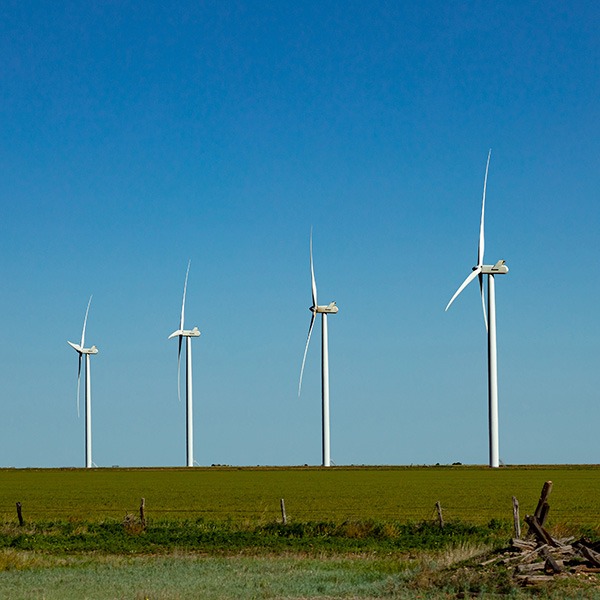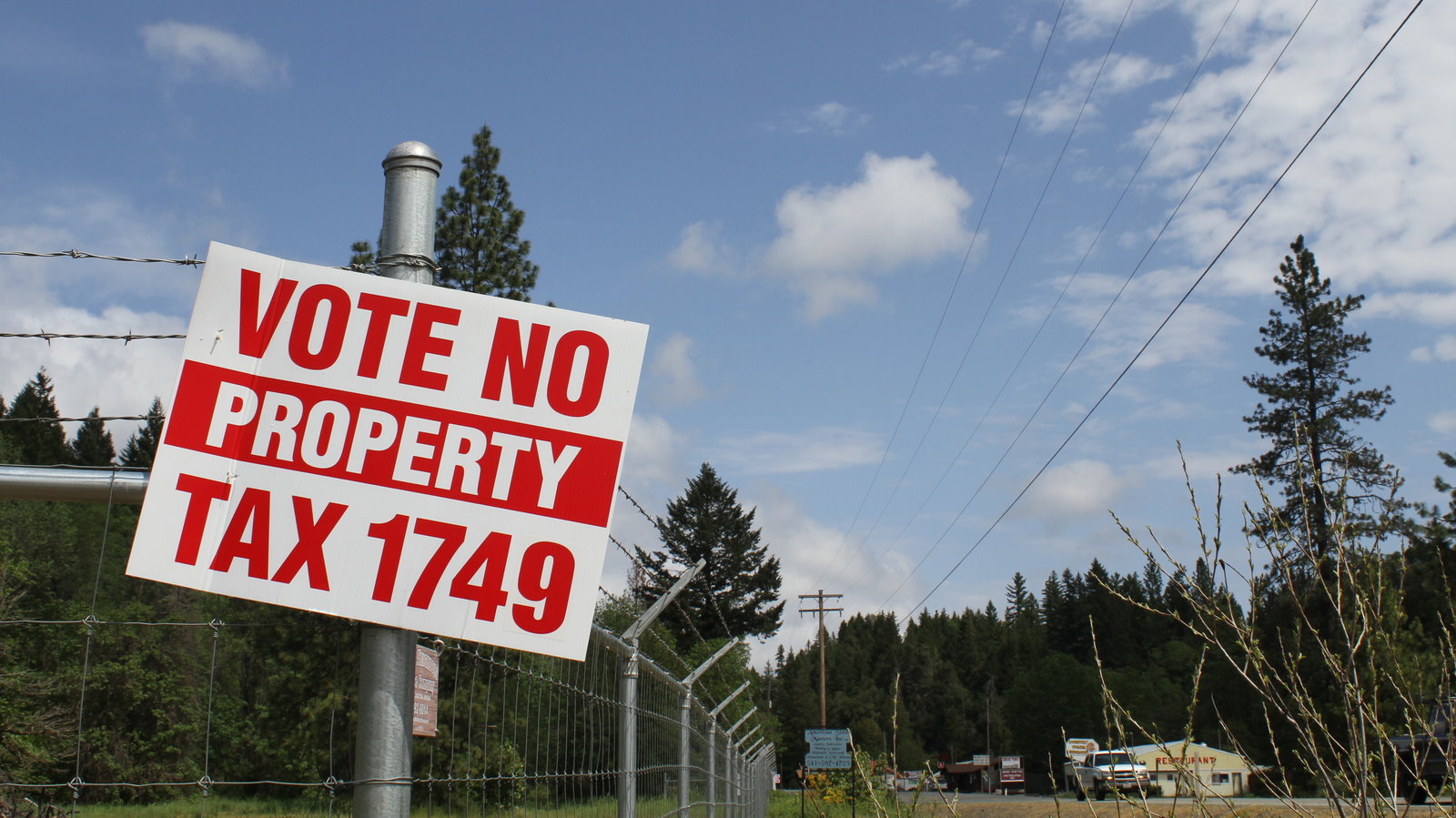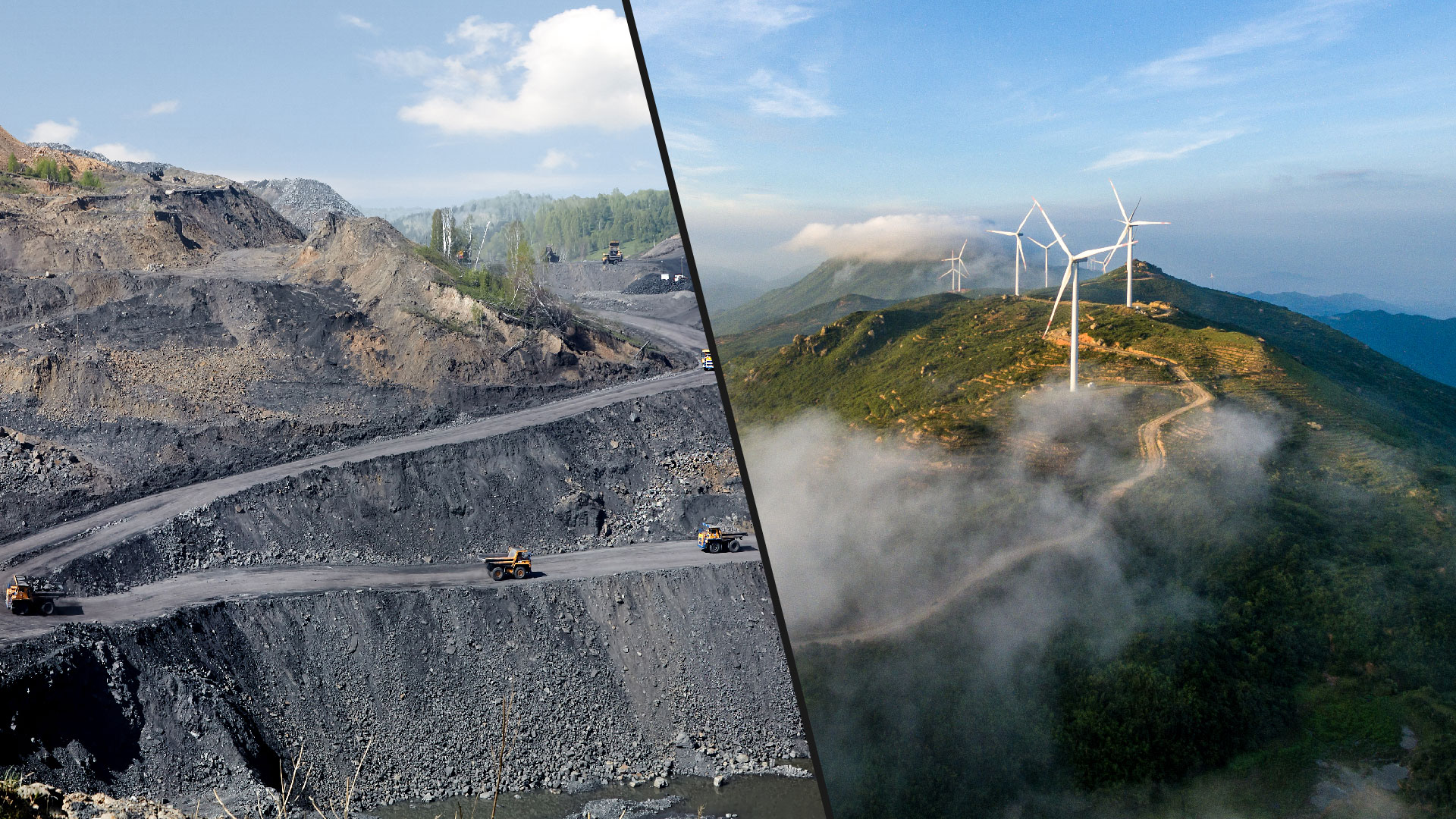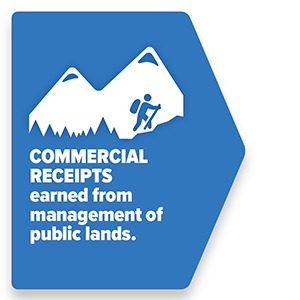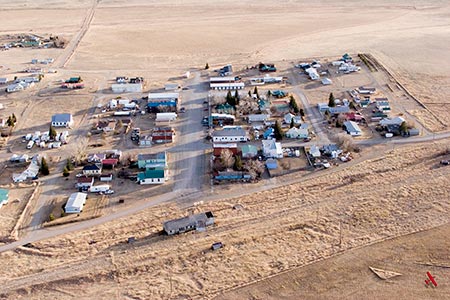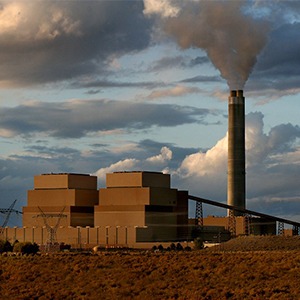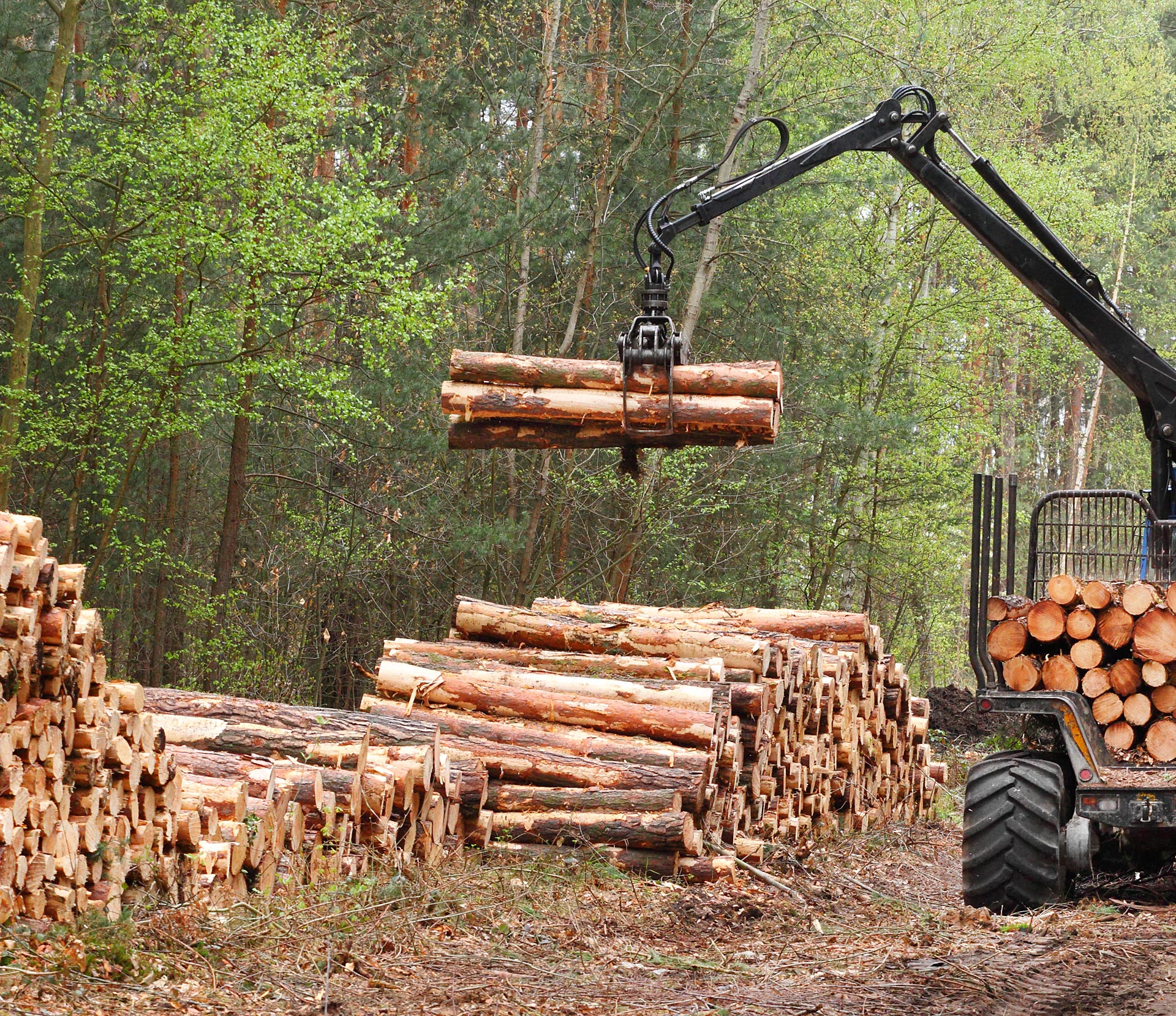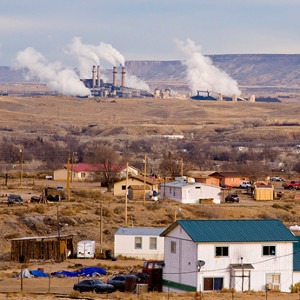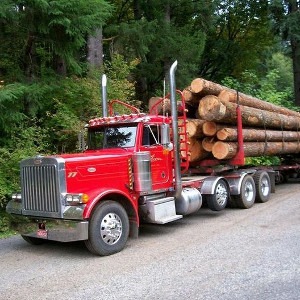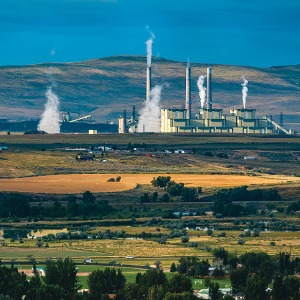-
Diversifying revenue on New Mexico state trust lands
New activities can help guarantee and diversify future revenue from New Mexico state trust lands, complementing the successful Land Grant Permanent Fund.
-
Why fiscal policy solutions are necessary
This panel discussion, with examples from Montana and New Mexico, examines how fiscal policies have failed rural communities.
-
Fiscal policy is failing rural America
State and federal fiscal policies hurt rural communities by limiting how local governments can grow, diversify, and invest revenue.
-
The Changing Geography of U.S. Electricity Generation
Most U.S. states are adding electricity generation capacity faster than capacity is being retired. Renewable energy adds the most capacity in 18 states.
-
The Evolution of U.S. Electricity Generation Capacity
The capacity to generate electricity has transitioned from coal to natural gas to renewable energy, a trend projected to continue.
-
The health and fiscal vulnerability of rural recreation counties
Where rural recreation counties rely on public funding for health care, fiscal solutions should diversify the ways local governments can save and spend.
-
Building a Federal Land Endowment
The bipartisan Forest Health for Rural Stability Act would establish a federal land endowment and resolve key challenges of federal land payments to counties.
-
Tension as Catalyst: Public Lands and the Rural West
View a presentation given at the Our America’s Rural Opportunity forum about the context of public lands and the rural west.
-
PILT Proposal Would Help Small-Population Counties
Analysis shows raising Payment in Lieu of Taxes (PILT) population limits for small-population counties would have increased total payments by $2 million in 2019.
-
State Trust Lands Part 1: The Trust Model
States were granted trust lands by the U.S. Congress to generate revenue to fund public institutions, primarily public schools.
-
State Trust Lands Part 2: Permanent Funds
Overspending of state trust permanent funds reduces future school funding and incentivizes sales of trust land and nonrenewable resources.
-
State Trust Lands Part 3: New Demands
Changing economies, new land uses, shifting social values, and political pressure create challenges for state trust land managers.
-
State Trust Lands Part 4: Implications for Federal Land Transfer
Advocates of transferring federal land to states point to the superior ability of state trust lands to generate revenue, but our analysis finds significant economic and fiscal disadvantages.
-
Solutions for Transitioning Coal-Dependent Communities
The most effective fiscal policies for communities facing transition away from coal dependency are those that build wealth over time and strengthen community capacity.
-
Getting Real About Rural Resilience
Rural and isolated communities face wrenching economic and demographic transitions. A solution to uncertainty is to focus on resilience.
-
Commercial Activities on National Forests
Updated: Headwaters Economics produced two interactive maps to show the range of commercial activities on National Forests at the Forest, state and forest region levels.
-
Coal Transition in Montrose County, Colorado
New fiscal and policy assessments help local leaders understand their exposure to declining revenue and policy barriers during a coal transition.
-
Coal Communities Lack Strong Transition Plans
A recent review published in the Resources Policy journal with researchers at Montana State University shows that coal communities lack strong transition plans and largely are unprepared for coming changes.
-
Endowing Federal Public Land Counties
Reforming county payments by establishing a permanent Trust to fund Secure Rural Schools (SRS).
-
Comparing Coal Fiscal Policies for Western States
Coal fiscal policies vary widely across the West in terms of how revenue is generated, set aside in permanent savings, or spent by state and local governments.

Mark Haggerty
If you are interested in these topics and want to learn more, contact us.
